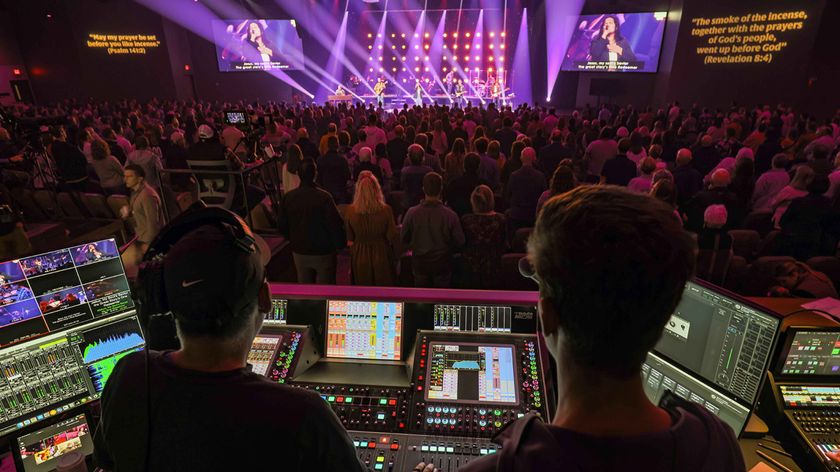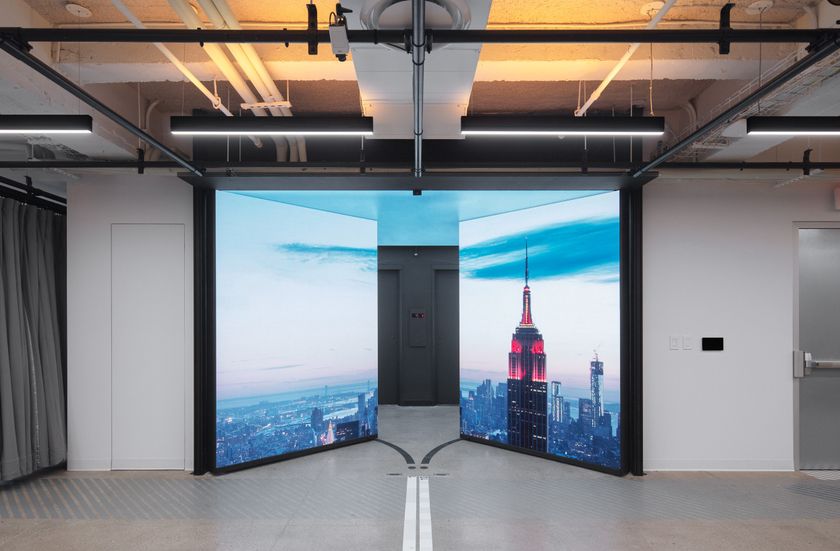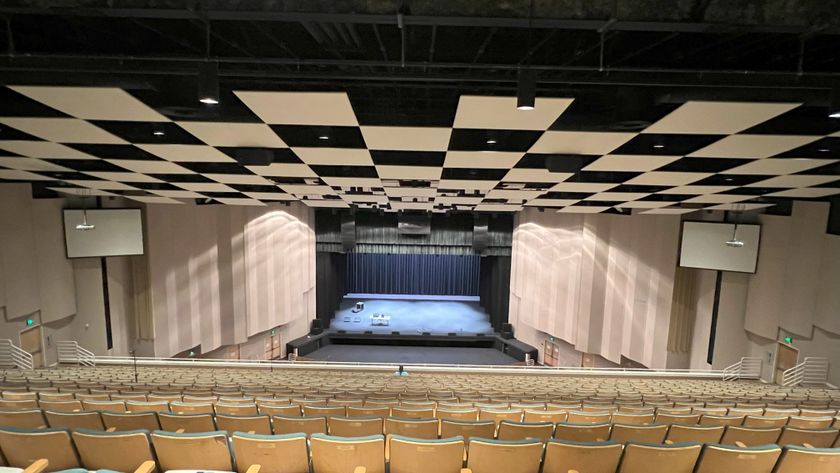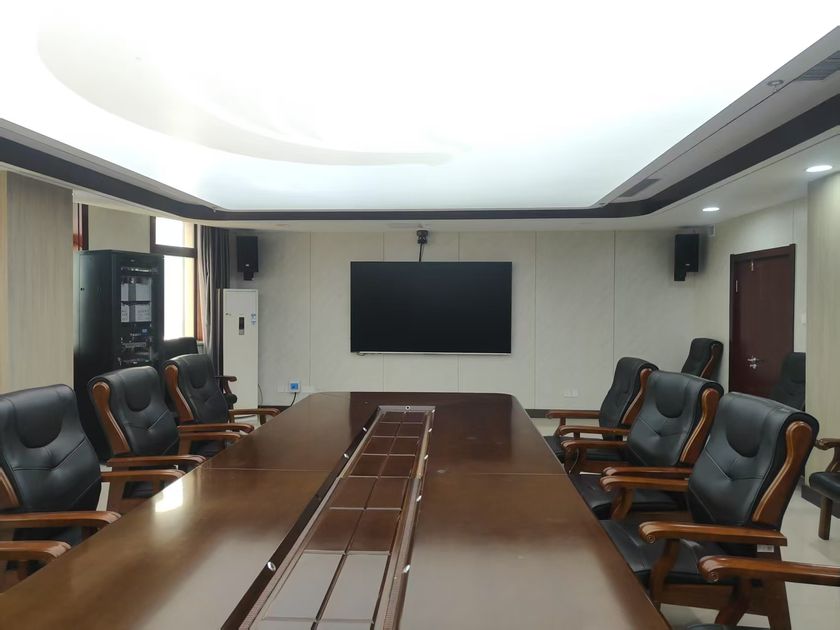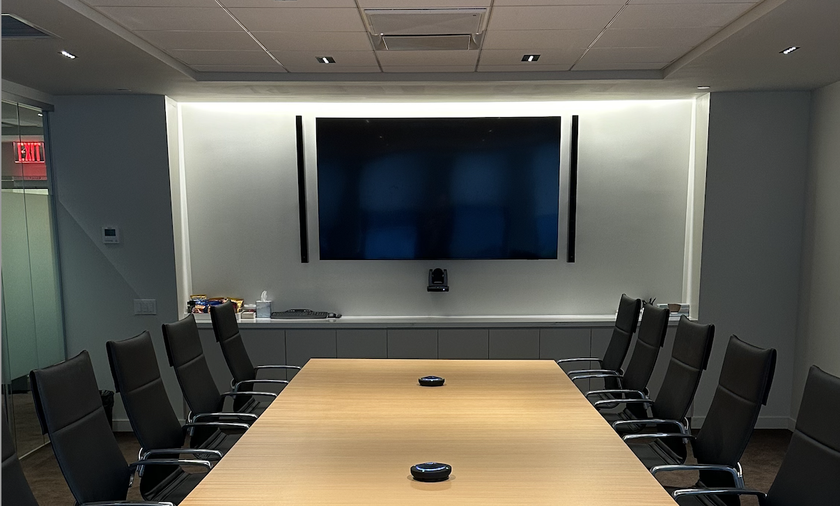One of the most common reference points for the "digital revolution" in audio is the wide acceptance of CD technology. In any conversation justifying the expense of a new audio system in a restaurant, stadium or house of worship, the phrase "People expect CD-quality audio" will most likely be heard. Of course, those in the know about sampling rates and other diluting factors affecting a CD's quality may cringe at the public's inherent belief in this technology. Of course it does sound great for much longer than those old audiocassettes melting on the back seat of the car in the hot sunlight. But where in the spectrum of public perception was there an official switch to the belief that digital technology sounds better? At any rate, it was certainly a boon to MP3s and Apple's AAC encoding format for iTunes.
The same thing appears to have happened on the visual side of sensory perception with the advent of digital cameras. Now that there are as many megapixels in your average consumer-grade camera as there are stars in the universe, public opinion seems to be migrating toward one which favors digital images over 35mm print images. And the concept is already being applied to completely analog processes, like human memory, for instance. On the radio recently, a writer who had just completed a non-fiction book about events which took place in his life 10 years ago was explaining how he was able to recall with amazing precision everything that had occurred without any photos, video or even analog notebooks. "It's in my memory in digital clarity," he said. He then continued to refer to digital and "digitizing" of memories in the context of their infinite permanence in his mind. He wasn't using digital the way it is used in the AV industry. He was actually using it in a colloquial context, as if to say that his memory was incredibly precise, like those images taken by digital cameras.
Perception is the central element to any systems installation. How the client hears or sees an audio or video installation depends less on what the technology actually achieved and more on the context of their understanding. If they expect digital to be better, they will be pleased with their new all-digital system, and they'll love their beautiful touchscreen control interface. If they are analog-obsessed, then they will only like the "good old-fashioned" portions of their new system. Toggle switches are a hit among these analog fiends.
